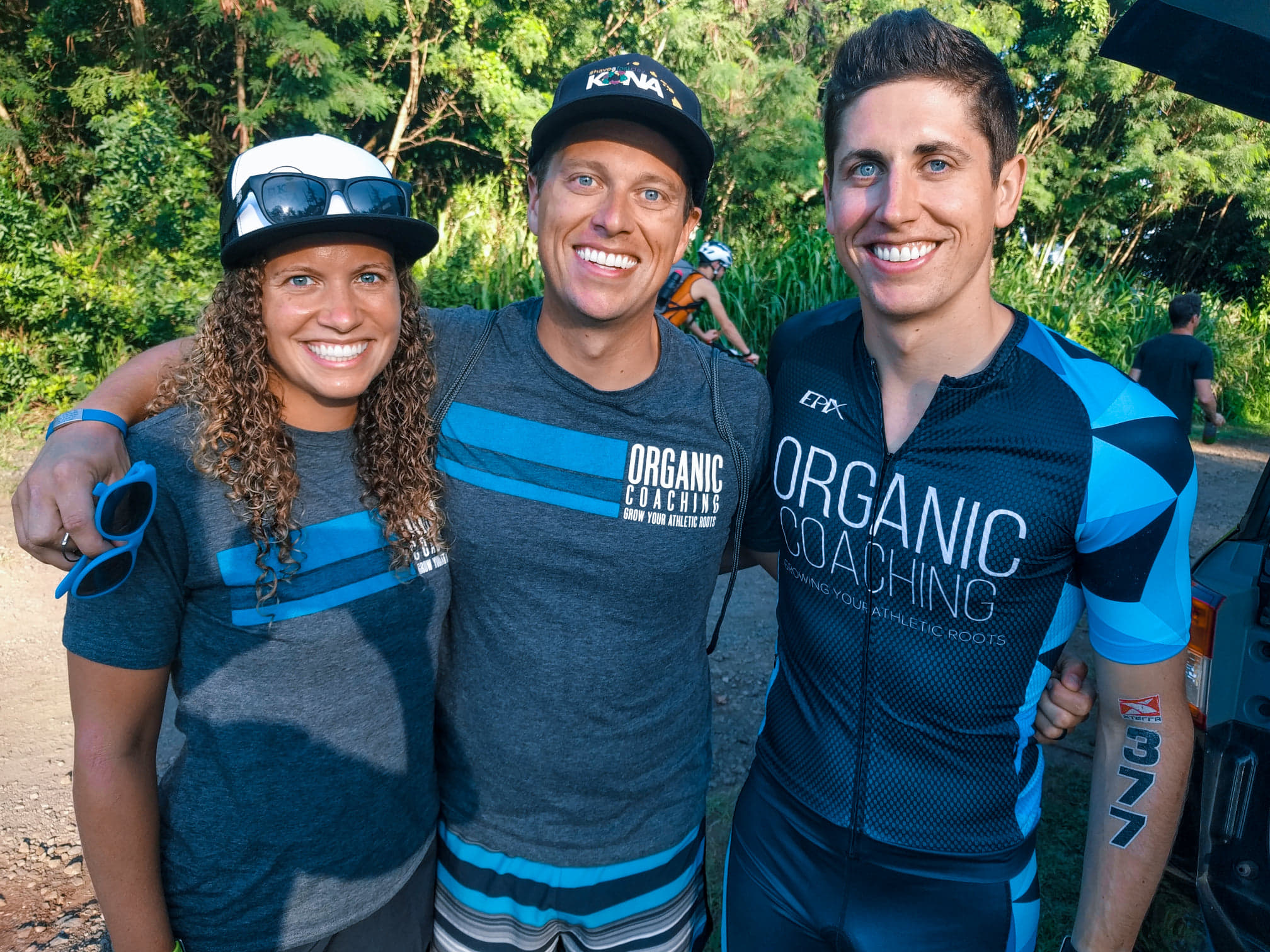
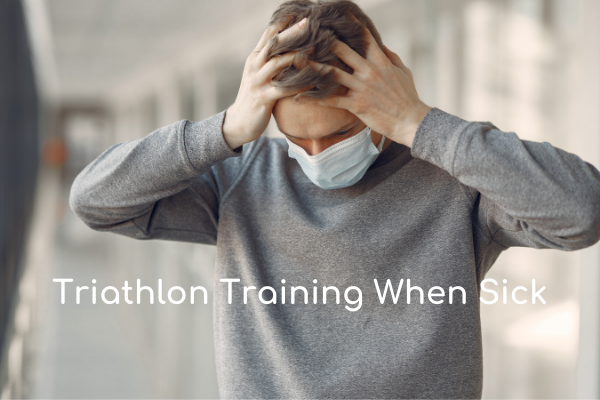
When you’re in the midst of training season the last thing you want to think about is how to navigate training when sick. However, as every athlete knows, there comes a time when you may wake up one morning with a scratch in the back of your throat, a headache or frequent sneezing, and next thing you know you’re sick. It’s always frustrating to get sick but it can be extra frustrating when it means you have to miss training, events or work.
Today we’re sharing what you need to know about triathlon training when you’re sick so that you can return to your healthiest self as soon as possible.
First, try to understand what it is you have. It can be a wide variety of things; a cold, the flu, covid or a sinus infection. Generally speaking, a cold consists of a runny/stuffy nose, sore throat and sneezing. The symptoms of a sinus infection are sinus pressure, postnasal drip, runny/stuffy nose, headache, sore throat and possibly a cough. The symptoms of the flu are fever or feeling feverish/chills, cough, sore throat, runny or stuffy nose, muscle or body aches, headaches, and fatigue.¹ Symptoms for Covid are very similar to the flu because Influenza (the Flu) and COVID-19 are both contagious respiratory illnesses caused by viruses. The main symptom that differentiates covid from the flu is the loss of smell and taste and symptoms linger longer.² It is always best to consult your doctor for a diagnosis and get tested to confirm.
Great question, and likely the one you’re most concerned about! We know that you want to stay on track with your training, but don’t just plow ahead with your plan. Instead, at the onset of symptoms, contact your coach and they will help guide you.
Generally, if the symptoms are mild, the session for the day can be shortened and brought down in intensity, especially if your symptoms are above the neck. Below the neck symptoms are a mild sore throat, stuffy nose and headaches. If initial symptoms are abrupt, severe or migrate below the neck, it is best to take that day off. Below the neck, symptoms are fever, fluid in your lungs, heavy congestion/coughing, body chills and aches, exhaustion, diarrhea or vomiting. ³ Missing training days will prevent further stress on the body and allow you to recover more quickly rather than attempting to train through it and feeling worse for longer.
There is no right answer for how many days to rest is needed for a full recovery for each illness because it widely depends on the severity of the symptoms and the individual. To ensure a proper recovery, a day-by-day check-in is needed. Let your coach know how you are feeling on a scale of 1 to 10, 10 being the worst. If symptoms are 3 or below, training can resume. It is acceptable to take over-the-counter medicine to suppress mild symptoms and to take extra breaks during a workout if they are needed.
When an athlete tests positive for covid, it is best to take a week completely free of training (from the day symptoms begin). After 1 full week of rest, training will be ramped up slowly in duration with little to no intensity. Your coach will continue to ramp up training in the second, third and even up to four weeks later. Every athlete will have a different journey to recovery.
No one enjoys being sick. That’s why healthy habits are the most important to prevent any illness and setbacks during training. At a minimum, remember to wash your hands frequently especially when in public places, get at least 7 hours of sleep a night, eat nutrient-rich foods and take rest days seriously. These will ensure your immune system is not vulnerable when exposed to a virus or bacteria.
READ MORE: WHAT TO WEAR FOR WINTER RUNS
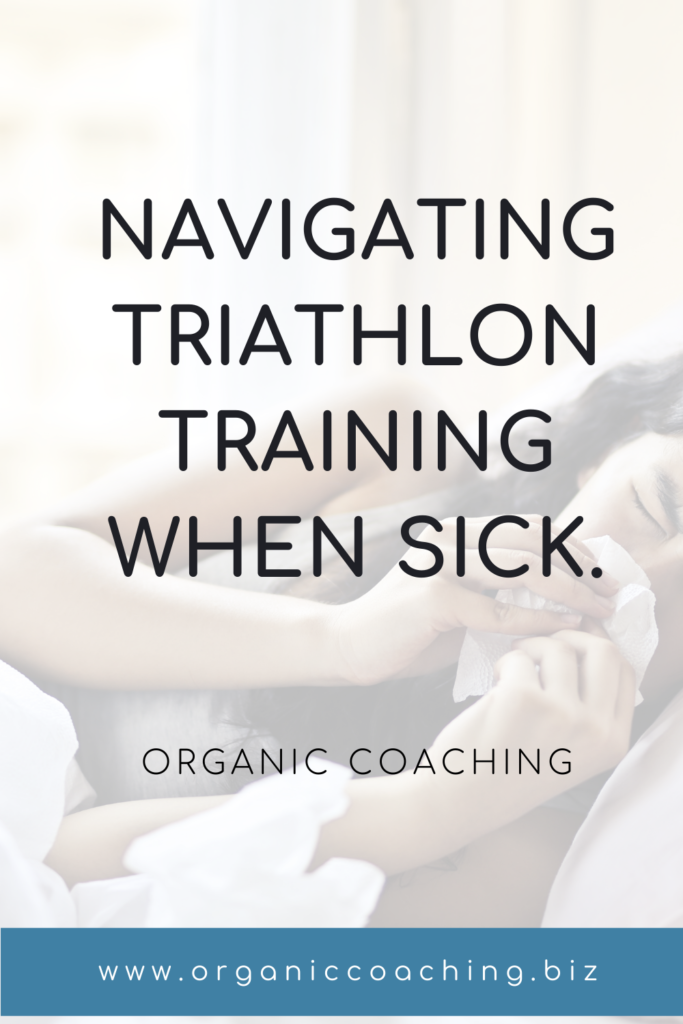
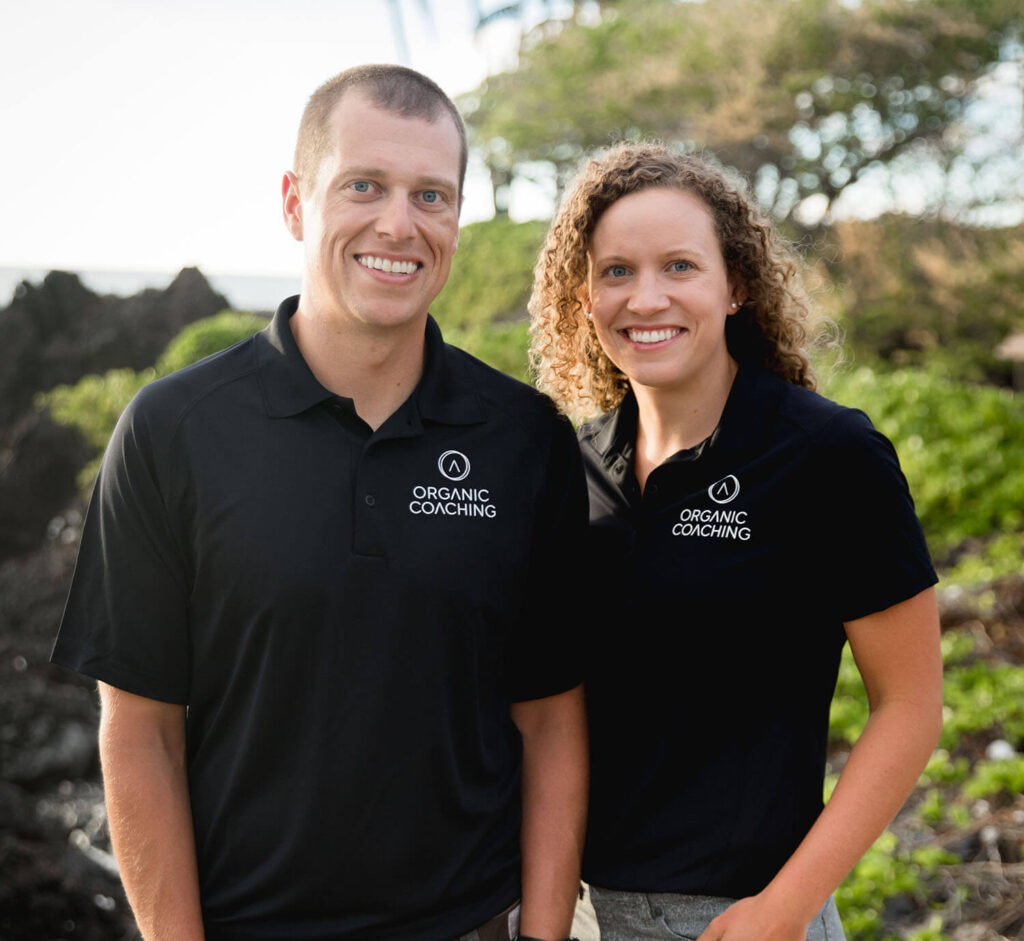
Carly and Tyler Guggemos built Organic Coaching in 2014 with a simple philosophy that works. The idea is to take what you have and grow it to get faster, fitter and stronger. And to do it with the time you have – not the time you wish you had.
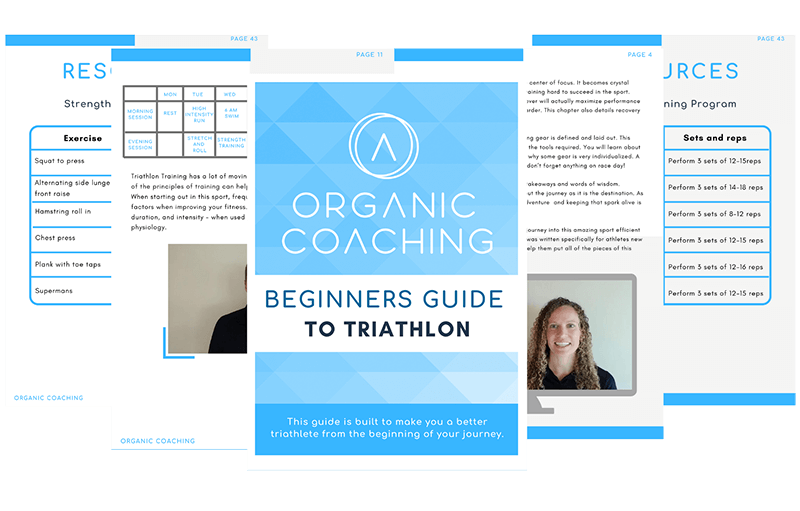
For athletes who are ready to take their training to the next level while still thriving and succeeding in their professional and family life.
Copyright © 2024 Organic Coaching LLC